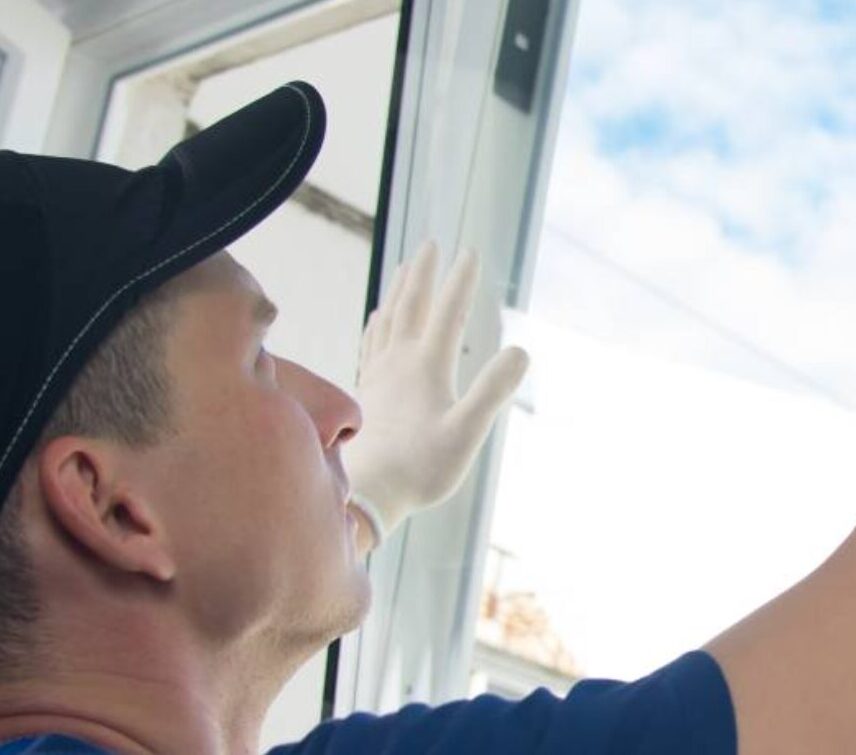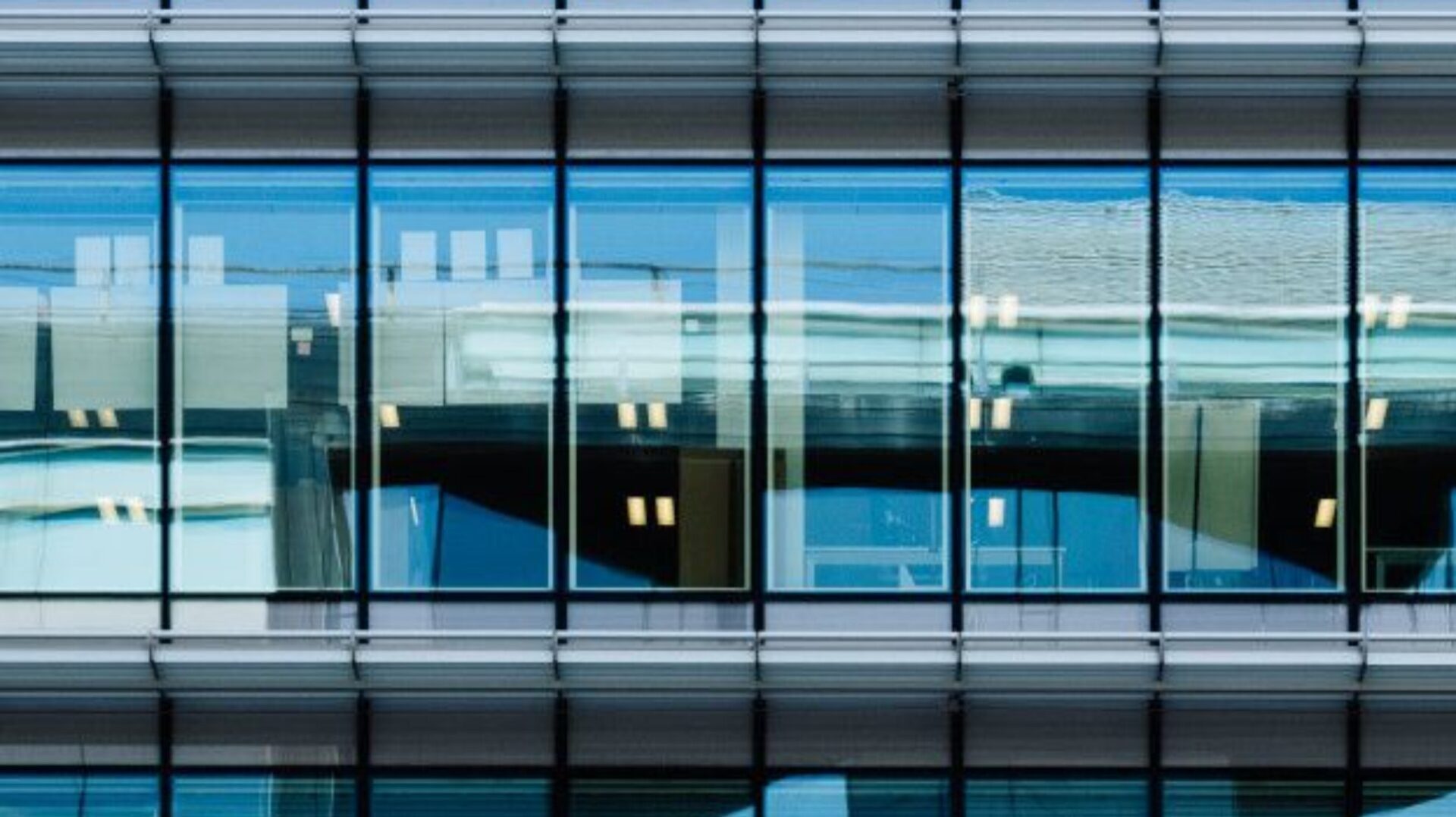Introduction:
In today’s world, where safety and durability are paramount, Toughened Glass emerges as a revolutionary solution. But what exactly is Toughened Glass? In this comprehensive guide, we delve into the depths of this remarkable material, exploring its characteristics, applications, and the myriad benefits it offers. From its inception to its widespread adoption in various industries, we uncover the secrets behind its strength and resilience.
What is “Toughened Glass?” Toughened Glass, also known as tempered glass, is a type of safety glass that undergoes a specialized thermal or chemical treatment. This process enhances its strength compared to regular glass, making it highly resistant to impact and thermal stress.
Advantages of Toughened Glass:
Enhanced Strength and Durability:
Toughened Glass undergoes a rigorous tempering process, resulting in increased strength and durability. Its ability to withstand high levels of impact makes it an ideal choice for applications requiring robust materials.
Improved Safety:
One of the most significant advantages of Toughened Glass is its safety features. In the event of breakage, it shatters into small, blunt fragments, reducing the risk of severe injuries compared to traditional glass.
Resistance to Thermal Stress:
Unlike conventional glass, Toughened Glass exhibits exceptional resistance to thermal stress. This property makes it suitable for use in environments with extreme temperature variations, such as building facades and automotive windows.
Versatility in Applications:
From architectural structures to consumer electronics, Toughened Glass finds a multitude of applications. Its versatility allows it to be used in various industries, including construction, automotive, and telecommunications.
Easy Maintenance:
Toughened Glass requires minimal maintenance due to its durable nature. Regular cleaning with mild detergent and water is usually sufficient to keep it looking pristine.
Applications of Toughened Glass:
Architectural Glazing:
Toughened Glass is widely used in architectural glazing for its strength and safety features. It enhances the aesthetics of buildings while providing protection against external elements.
Automotive Industry:
In the automotive sector, Toughened Glass is utilized for manufacturing windshields, side windows, and rear windows. Its ability to withstand impact and thermal stress ensures passenger safety on the road.
Consumer Electronics:
From smartphones to kitchen appliances, Toughened Glass has become a staple material in the manufacturing of consumer electronics. Its scratch-resistant surface and durability make it an ideal choice for touchscreens and display panels.
Furniture and Home Décor:
Toughened Glass adds a touch of elegance to furniture and home décor items such as tabletops, shelves, and decorative panels. Its sleek appearance and robustness enhance the overall aesthetic appeal of interior spaces.
Safety Barriers and Partitions:
In commercial and industrial settings, Toughened Glass is used to create safety barriers, partitions, and enclosures. Its ability to withstand impact ensures workplace safety while maintaining visibility.
FAQs (Frequently Asked Questions):
- How is Toughened Glass different from regular glass? Toughened Glass undergoes a specialized tempering process that enhances its strength and safety features, making it more resilient to impact and thermal stress compared to regular glass.
- Is Toughened Glass scratch-resistant? While Toughened Glass is more scratch-resistant than conventional glass, it is not entirely scratch-proof. However, its durability ensures that minor scratches are less noticeable and do not compromise its integrity.
- Can Toughened Glass be recycled? Yes, Toughened Glass can be recycled like regular glass. However, the tempering process alters its properties, making it more challenging to recycle than untreated glass. Nonetheless, advancements in recycling technologies have made it possible to recycle Toughened Glass efficiently.
- What are the limitations of Toughened Glass? While Toughened Glass offers numerous advantages, it does have some limitations. For instance, it cannot be cut or drilled after the tempering process, so all shaping and hole-cutting must be done before tempering.
- Is Toughened Glass suitable for outdoor use? Yes, Toughened Glass is suitable for outdoor applications due to its ability to withstand environmental factors such as UV exposure, temperature fluctuations, and moisture.
- Can Toughened Glass be repaired if damaged? Unlike laminated glass, which can sometimes be repaired if cracked, Toughened Glass cannot be repaired once damaged. In the event of breakage, it must be replaced entirely.
- Normal Price of Clear Toughened Glass :
- 12mm – Rs 140 Per Square Foot
- 10mm – Rs 120 Per Square Foot
- 8mm – Rs 100 Per Square Foot
- 6 mm – Rs 70 Per Square Foot
- 5 mm – Rs 60 Per Square Foot
GST & Cartage Extra
The above rate is For Delhi NCR, Rates may vary as per Location.
Conclusion:
In conclusion, Toughened Glass stands as a testament to innovation and engineering excellence. Its unparalleled strength, safety features, and versatility make it a preferred choice across various industries. Whether in architectural marvels, automotive innovations, or everyday consumer products, Toughened Glass continues to redefine standards of safety and durability. Embracing this remarkable material opens doors to a world where strength meets elegance, and safety knows no compromise.


Excellent write-up
Excellent write-up
great article
great article